RECENT ARTICLES
Our latest articles, knowledge, tips, and inspiration for all things related to bow hunting and archery.
DEER HUNTING
Deer hunting season is just around the corner. Are you ready?
POPULAR DISCUSSIONS
Continue the conversation on some of our most recent debated articles.
Conversation | 5 comments:
So Nice to do this program every now and then.
ReplyI have some rotator cuff issues on my bow arm. Are there exercises more specific to help with this that you would recommend?
ReplyThank you! I keep coming back to this article when I fall off the horse. I’m trying to keep a routine during off season to help not re-injure my shoulder during deer season.
ReplyThis seems to be a copy of the same program that has been on the Morrell Targets web page for quite a while but with Youtube videos substituted for the drawings and pictures.
https://www.morrelltargets.com/blogs/archery-blog/9-strength-and-conditioning-exercises-for-archery
ReplyHey Ron. You have that backwards. Ours is the original article and morrelltargets.com took our content, but they graciously linked to us. If you go down to the bottom of the article you’ll see they link to our old domain uberbows.com. We have made some updates and changes over time though so that’s why you see a discrepancy. I’m curious how you even came to your conclusion though, seeing as if you read the article and followed the link it would have landed you here…
Reply
Leave a Comment
Conversation | 4 comments:
Hello, I am shooting a Easton axis340 5 mm that is 29” long. The arrow weighs 318.5 grains. 100 grain tip and 55# draw weight. Would going to a 125 grain broadhead be beneficial?
ReplyAbsolutely, with your 55# draw weight, stepping up to a 125-grain broadhead might really up your game, especially if you’re eyeing larger quarry where that extra penetration and impact can make a big difference.
Reply
I am shooting a crntrrpoint patriot 425 wiyh 200 grain tip 200 lb draw weight
Reply
Would a 125 be beneficial over the 100 sverage shot distances are 45-55Absolutely, considering the power of your setup and the distances you’re aiming for, opting for a 125-grain broadhead might indeed strike a nice balance. You’ll likely gain in terms of penetration without sacrificing too much speed or altering the trajectory dramatically. spend some time on the range to get a feel for how this change affects your shooting
Reply
Leave a Comment
TRADITIONAL BOWS
Build alongs, tips, tricks, and everything in between. Check out our poorfolkbows section for more!
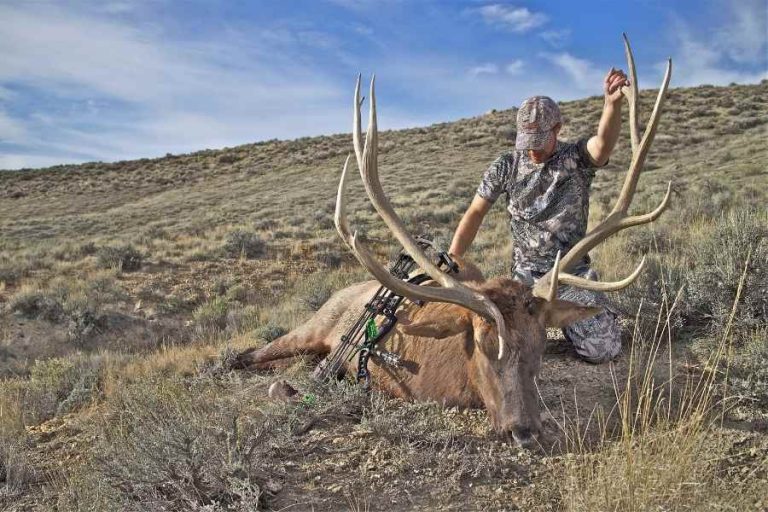
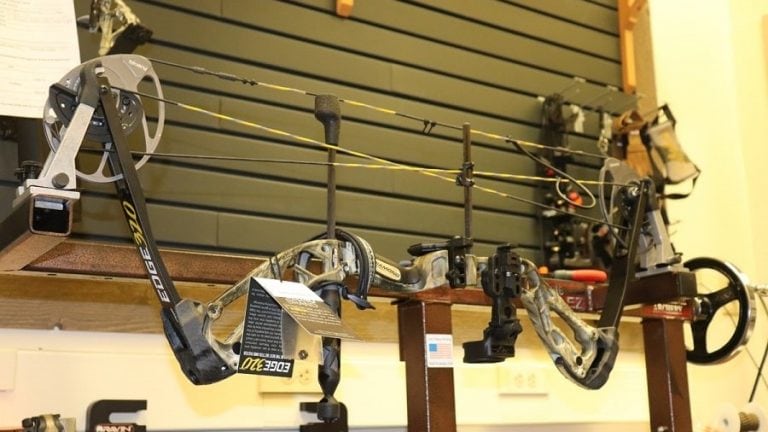
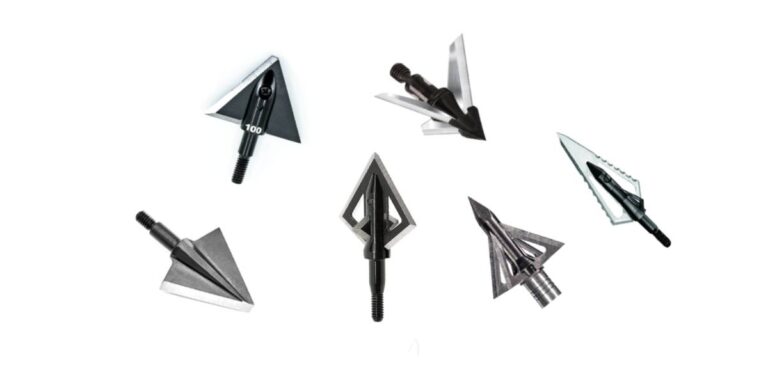
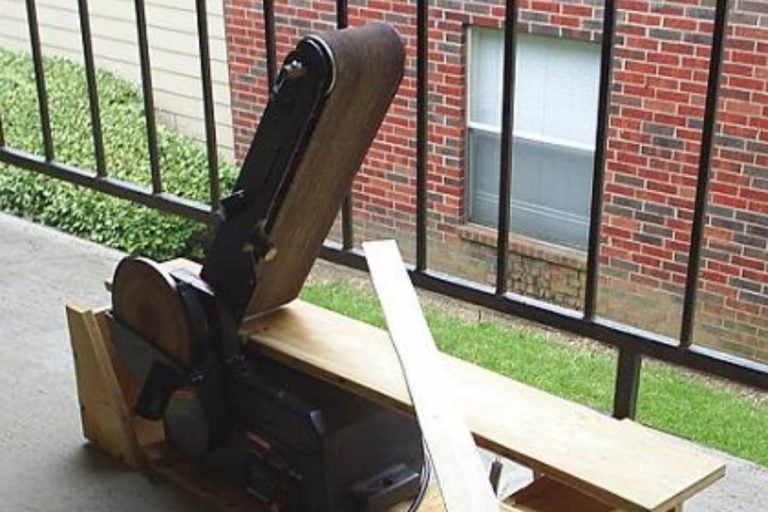
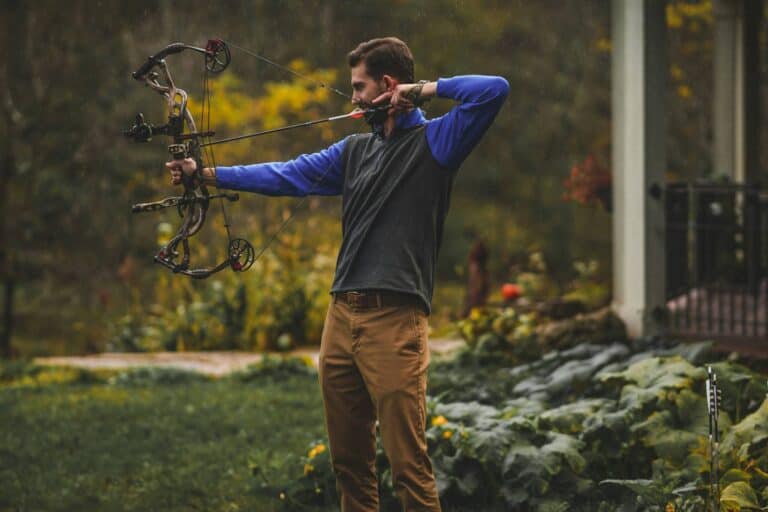
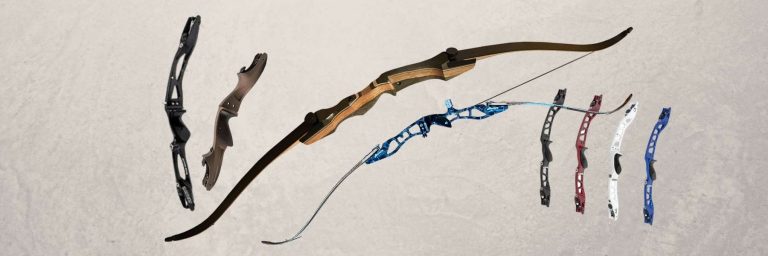
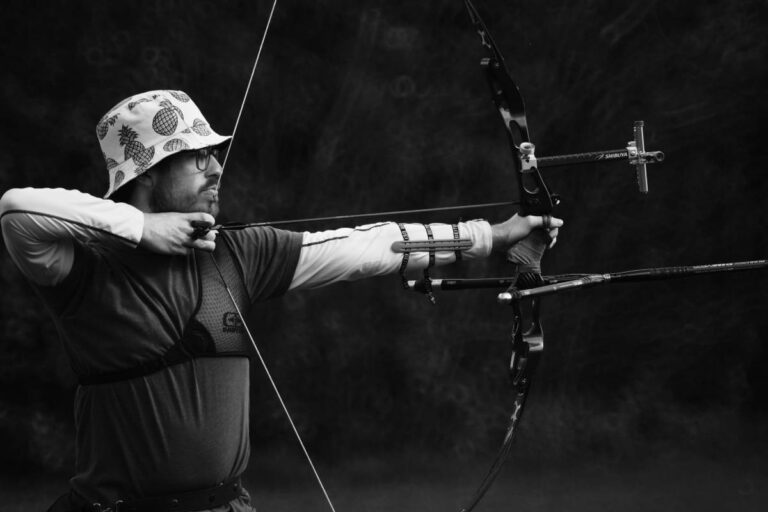
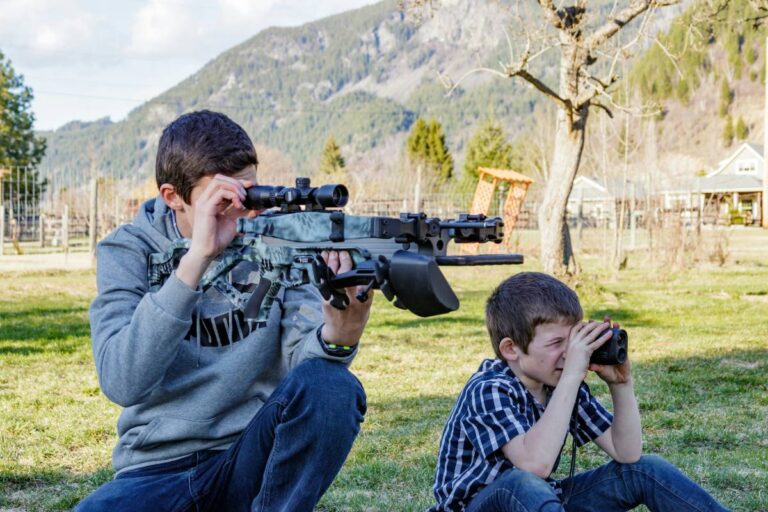
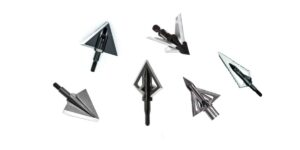
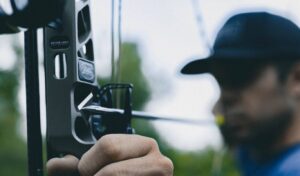
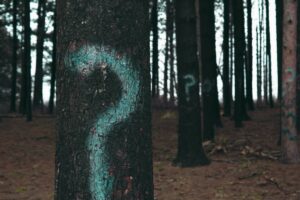
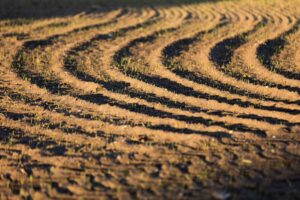
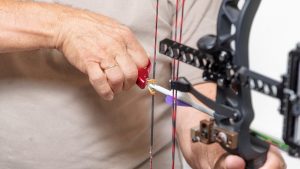

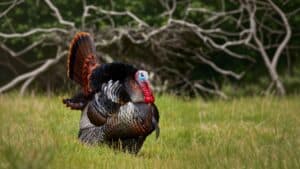
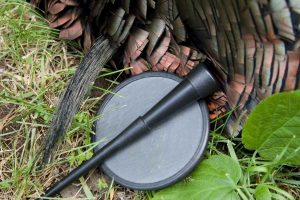
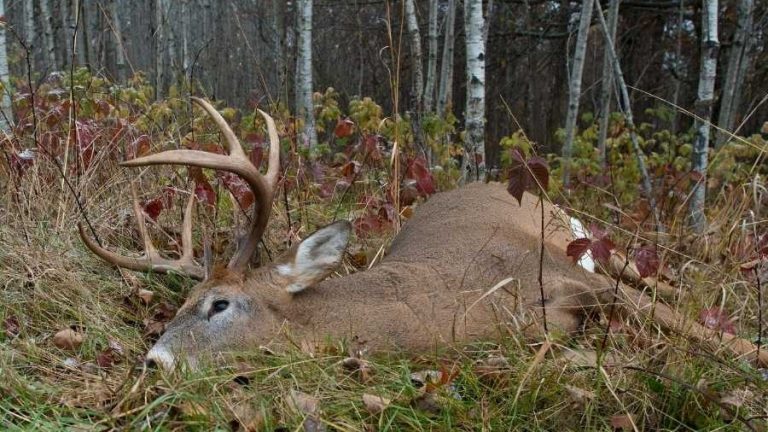

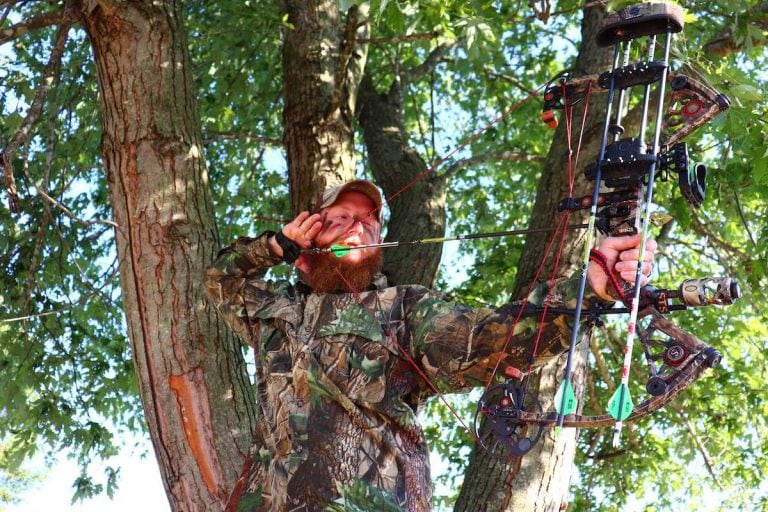

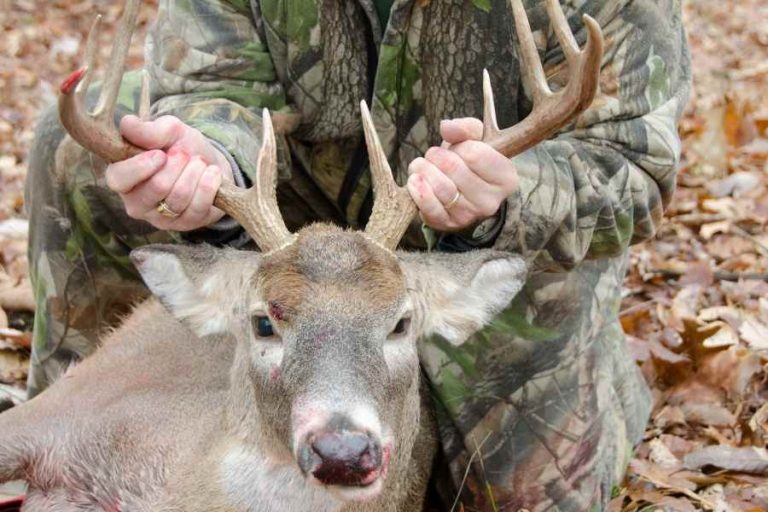
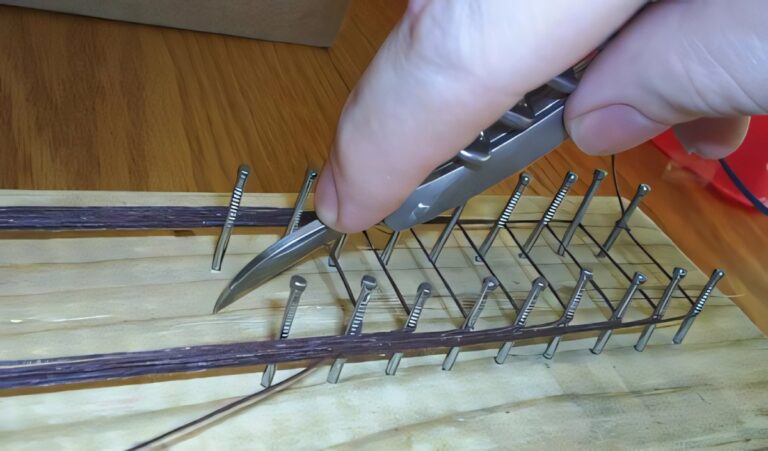
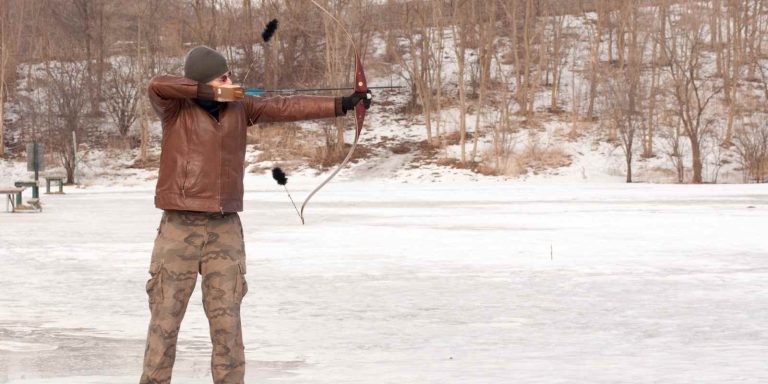
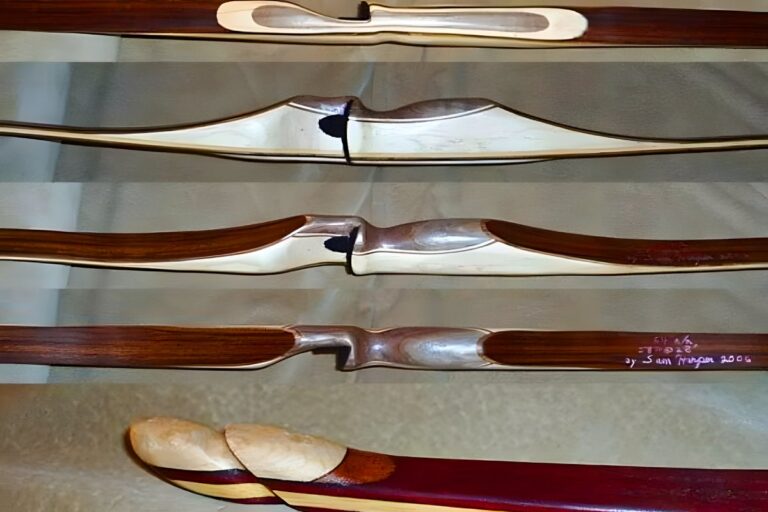
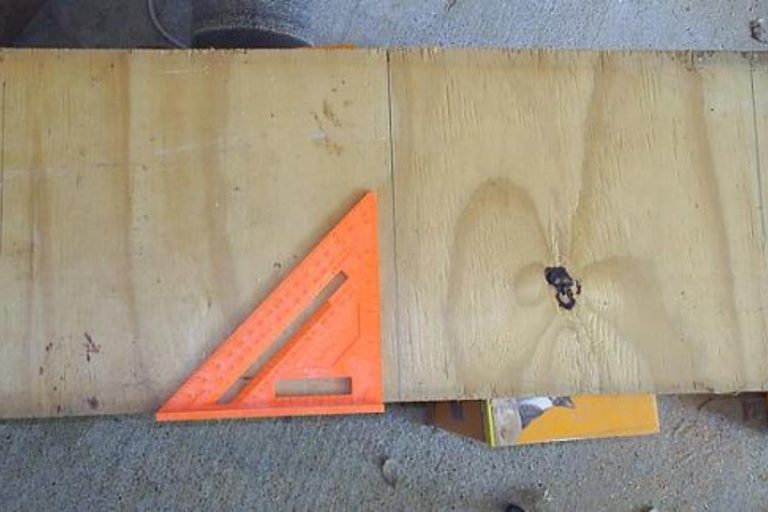
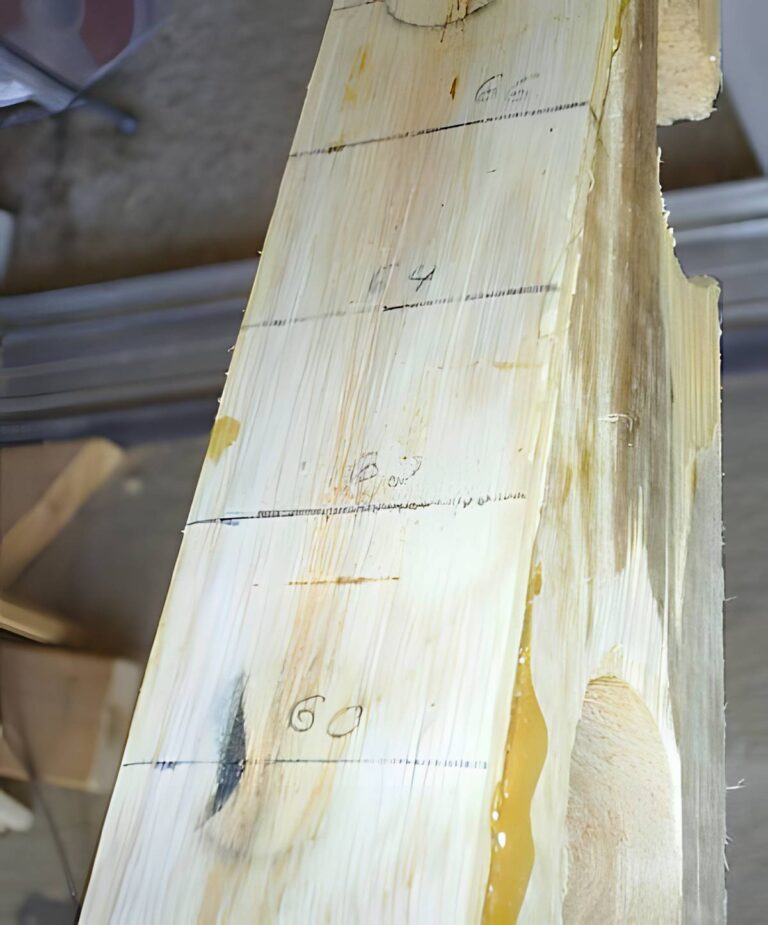
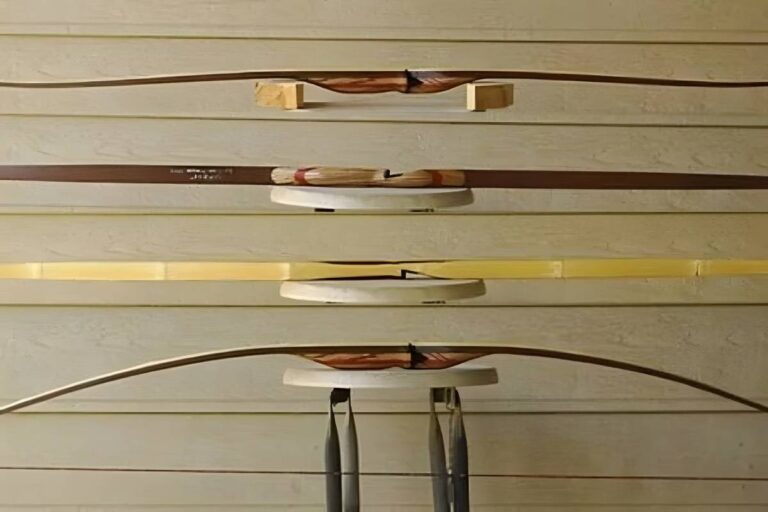
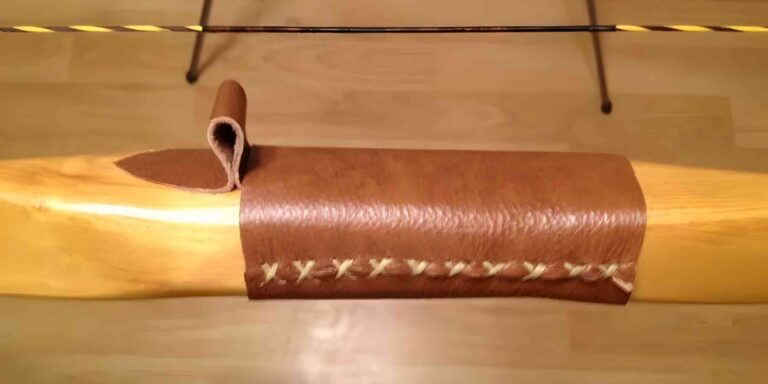
Conversation | 6 comments:
Bullshit! Crossbows are Not archery: no archery skills
More animals will be wounded by their light weight bolts and not be tractable.
I totally get where you’re coming from but crossbows really can be a great alternative for folks who might have a tough time with traditional or compound bows because of physical limitations – and many of those turning to crossbows have a rich history in hunting.
Thanks for educating people. As an old bow hunter i now have a crossbow to hunt with.the new hunters look down on us old guys. Thanks agin.
It’s great to hear you’ve adapted to a crossbow to continue your hunting passion. Don’t mind the naysayers – Keep enjoying the hunt and sharing your wisdom!
I enjoy Bow hunting greatly, but due to a shoulder surgery I’m unable to pull the compound bow back without my shoulder being in pain so I have switched to crossbow so I can still enjoy hunting without the pain in my shoulder.
Great to hear you’re still enjoying hunting with a crossbow! It’s a fantastic way to stay in the game without putting stress on your shoulder. Happy hunting!